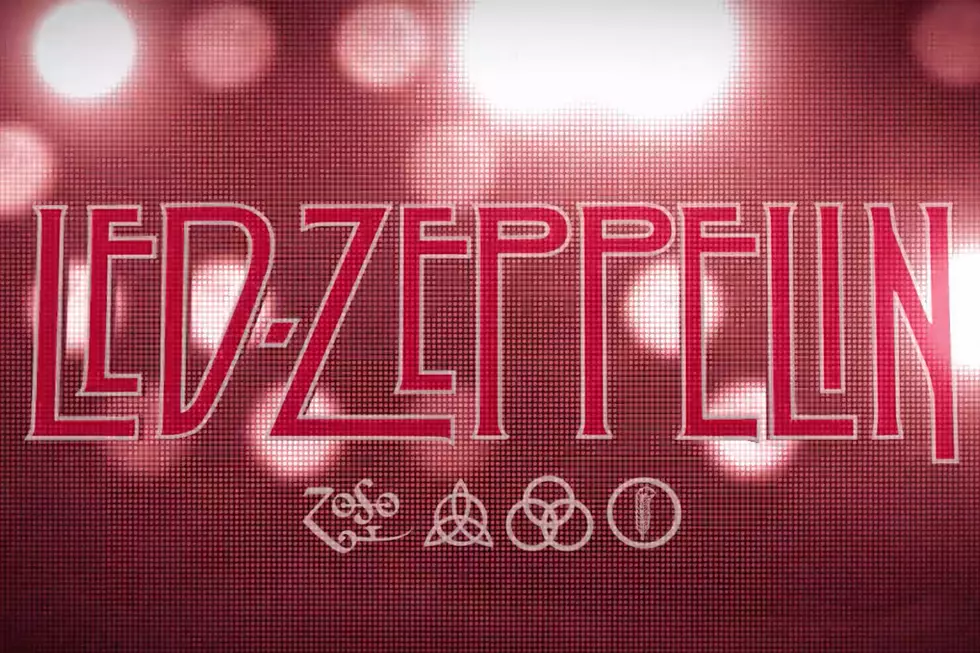
40 Years Ago: ‘Stir Crazy’ Sets an Almost Forgotten Record
Stir Crazy, which was released on Dec. 12, 1980, is a mess of a film, but well worth remembering for two reasons.
The first is the comedic synchronicity of stars Richard Pryor and Gene Wilder, and the second is that it was the highest-grossing film domestically (adjusted for inflation) ever made by a black director until Ryan Coogler's Black Panther in 2018.
That director was Sidney Poitier, the so-called Jackie Robinson of the film industry. Raised in poverty in the Bahamas, he served a stint working with psychiatric patients during a teenage Army enrollment in World War Ii. Poitier eventually ended up on stage on Broadway, although not before shedding himself of his Bahamian accent. From there he moved into Hollywood, where his turn as an escaped con in The Defiant Ones in 1958 earned him his first Oscar nomination. Five years later, he became the first African American to win an Oscar for a leading roll, in The Lilies of the Field, and by the late '60s he was a major movie star.
What's often forgotten about Poitier is that he spent a good deal of the '70s directing films, many of them comedies aimed at black audiences, starring in three of them alongside Bill Cosby, then one of the most popular comedians in America. This led to him agreeing to direct Stir Crazy in 1980, substituting Pryor and Wilder for himself and Cosby.
Richard Pryor had already by that time established himself as one of the greatest comedians in American history – Jerry Seinfeld would famously call him "the Picasso of our profession" – and Gene Wilder had made his name through a running collaboration with Mel Brooks (The Producers, Blazing Saddles, Young Frankenstein) as well as Willy Wonka & the Chocolate Factory. In 1976 the two had teamed up for Silver Streak, a murder mystery comedy set on a train running from L.A. to Chicago, and its popularity resulted in them being teamed again in Stir Crazy.
The film opens in New York City with a wonderful pair of scenes. Pryor plays Harry Monroe, an actor working as a waiter to pay the bills. He gets fired when his stash of weed accidentally ends up in the soup at a highbrow dinner party. Meanwhile, Wilder, a struggling playwright named Skip Donahue moonlighting as a department store detective, gets fired when he recognizes an actress from a Shakespeare audition and accuses her of shoplifting.
Tired of the urban assault of New York, the two decide to head west to Hollywood, where there's plenty of sun and lots of reputedly open-minded women. This trip comes crashing to a halt in the city of Glenboro, somewhere in the Southwest, when the two take a job as dancing woodpeckers in a promotion for a bank, only to have their costumes stolen by a pair of bank-robbers. Harry and Skip take the fall for the robbery, and are sentenced to 125 years in the Glenboro penitentiary by a no-nonsense judge.
Watch Richard Pryor and Gene Wilder as Woodpeckers in 'Stir Crazy'
There, they meet Jesus Ramirez (Miguel Ángel Suárez) and Rory Schultebrand (Georg Stanford Brown) – whose flamboyant gayness is played for laughs in one of the film's discordant notes – along with the titanic and unspeaking serial killer Grossberger (played by the Olympic wrestler and semi-professional opera singer Erland Van Lidth). The five men form an uneasy alliance that's cemented when they form a plan for escape.
This plan revolves around the prison's annual rodeo – it turns out that mild-mannered Skip is a fantastically talented bull rider – during which all the men but Grossberger escape by pretending to be spectators. Jesus and Rory head to Mexico, and once Harry and Skip hear that the real participants in the woodpecker robbery have been arrested they continue on to Hollywood, joined by their lawyer's sister Meredith, with whom Skip has fallen in love.
The action is as goofy as it sounds, and the film would be a disaster except for Pryor and Wilder. In virtually every scene, they goad the other's absurdity to new heights while also managing to keep it anchored in character and scene. A number of the sequences – like the "We bad!" bit that they do when they first arrive in jail – were quotable pop culture mainstays in the wake of the film's release, and still maintain their comedic punch all these decades later.
Watch the "We Bad" Scene From 'Stir Crazy'
Poitier's direction is standard for comedies at the time, and probably deserves accolades mostly for staying out of his stars' way. What's perhaps most notable about his involvement is that, at the time, black directors were almost only chosen to helm pictures marketed at black audiences, which Stir Crazy was not. It was given a large marketing campaign and ended up as the third most popular film of 1980, behind only The Empire Strikes Back and 9 to 5.
Stir Crazy earned over $100 million at the box office – roughly $330 million in today's dollars. By comparison, Jordan Peele's Get Out has made some $225 million globally, and F. Gary Gray's The Fate of the Furious earned about the same domestically (its international numbers push it much higher, but Stir Crazy had no international market to speak of). Black Panther has earned some $700 million domestically and more than $1.3 billion worldwide
Is the amount of money a film makes necessarily representative of a its quality? No, but it certainly speaks to its impact. And in a profession where black Americans were long prevented from taking the director's chair, Stir Crazy serves as an almost forgotten milestone.
Watch the Trailer for 'Stir Crazy'
Mel Brooks Movies Ranked
More From 98.7 The Bomb










